US left JCPOA yet sets preconditions on Tehran before Washington rejoins
Back in 2015, Iran and the P5+1 group of countries, the US, the UK, France, Russia and China, plus Germany signed a nuclear deal, known as the Joint Comprehensive Plan of Action, or the JCPOA,which limited Iran's atomic program and allowed the IAEA to inspect Iranian nuclear facilities more freely.
However, despite Iran being fully committed to the deal, the former US President Donald Trump unilaterally withdrew from the Accord back in 2018, re imposing anti Iran sanctions that had been lifted by the deal.
The new US administration of President Joe Biden has signaled its willingness to rejoin the JCPOA, yet it has conditioned the move on Tehran's resumption of its commitments under the 2015 deal, despite the US being the oath breaker.
However, Tehran says that Washington must take the first step as it walked away from the deal back in 2018
Since the US backed out of the deal, it should take the first step, the one that broke the deal must return to it sooner and knows that Iran is ready to fulfill its commitments.
Hassan Roouhani, Iranian President
One year after Washington had withdrawn from the deal Tehran began scaling down its nuclear commitments.
Tehran says this move is in line with the 2015 nuclear deal, and a response to the failure of the remaining signatories to fulfill their commitments.
The top Iranian security official, Brigadier General Amir Hatami, has ruled out any step-for-step return to the 2015 nuclear deal. He has said that Iran will resume its JCPOA commitments, only if the US removes its unilateral sanctions.
Talking to Press TV, the Iranian official said, "Not until the sanctions are lifted will Tehran hold talks with Washington". Such a stance was the theme of the remarks made by Iran's leader, Ayatollah Seyyed Ali Khamenei, during a speech last month.
If they [the US and Europe] want Iran to return to its nuclear deal commitments, America must completely lift sanctions, and not just in words or on paper. They [the sanctions] must be lifted practically, and we will then verify and see if they have been properly removed, and then we will return to our JCPOA commitments.
Ayatollah Seyyed Ali Khamenei, Islamic Republic of Iran, Leader
During his speech in February Ayatollah Seyyed Ali Khamenei stressed that Iran will never bow down to US pressure over its nuclear programme.
So when the United States says that, now, under Joe Biden, we want to go back to the JCPOA, but Iran must do this and that in fact, what happens, what comes after the "but" is irrelevant because there should be no "ifs" and "buts" in this entire story. It is, the fact of the matter is that the United States withdrew, they reinstated sanctions. So now, if the United States wants to come back to the JCPOA they have to come back, lift all sanctions and go back to the way the JCPOA was signed.
Brecht Jonkers, Historian and Author
Israel is the most worried about a possible revival of the 2015 nuclear deal between Iran and the world powers.
Tel Aviv believes that Tehran is after its destruction, an accusation which Iran has rejected. After all, it has been Israel who has threatened Iran with military action time and again.
For example, just a few days ago Israeli jets escorted US B 52 bombers in the region, supposedly, as a signal to Iran.
B 52 bombers usually carry a few nuclear bombs, which makes it very ironic that the US and Israel have sent this signal to Iran who was pursuing its civilian nuclear programme.
Last week, the Israeli Minister of Military Affairs, Benny Gantz, told Fox News that Tel Aviv is updating its plans for striking Iranian nuclear sites, and that Israel has identified numerous targets inside of Iran.
In response to the threat by Gantz, Defence Minister of Iran, Brigadier General Amir Hatami, said that Tehran would raze Tel Aviv and Haifa, if Israel committed the slightest mistake.
Any nation that stands in the way of global US hegemony will be subjected to a massive soft-war series of attacks; [a] massive propaganda campaign that is used to justify potential military action, or at least military threats, and this is something we see now regarding Iran.
Brecht Jonkers, Historian and Author
Israel has also gone to great lengths to set back Iran's civilian nuclear programme, including the assassination of the top Iranian nuclear scientists, the latest being Mohsen Fakhrizadeh in November 2020.
The Israeli regime has constantly accused Iran of attempting to develop a nuclear arsenal.
That is while Tel Aviv is the only possessor of nuclear weapons in the region. The regime has around 100 to 400 Atomic warheads, as recently revealed by the Guardian.
Even though Israel is expanding the Dimona nuclear facility, the US and its European allies have not shown any concern. Again, even though Israel has threatened Iran militarily.
Last month Iranian Foreign Minister, Mohammad Javad Zarif, told Press TV that while the Israeli regime is allowed to go ahead with such non conventional activities, any talk about concerns regarding Iran's peaceful nuclear energy programme is nonsense.
So while the US is pressuring Iran to begin talks without lifting sanctions, Iran has started enriching uranium with a third set of advanced IR2 centrifuges at an underground plant at Natanz, amongst other advances.
Iran has also threatened to stop enforcing article 36 only if all sanctions are lifted, stating that it will further reduce JCPOA commitments soon, unless all sanctions are lifted.
VIDEO | Gaza's damaged skyscraper: A ticking time bomb over displaced families
US okays new arms sales to Israel, Saudi Arabia worth over $15.5 billion
Discover Iran: Mangrove forests of Hormozgan, a living ecosystem between land and sea
VIDEO | Anti-ICE protesters stage rallies, clash with police amid ‘National Shutdown’ demonstrations
Rights group threatens lawsuit over New York's investment in Israel bonds
VIDEO | Iran seeks FIFA action over US visa uncertainty for 2026 World Cup
US envoys blocked warning of Gaza turning into ‘apocalyptic wasteland’: Report
VIDEO | Press TV's news headlines


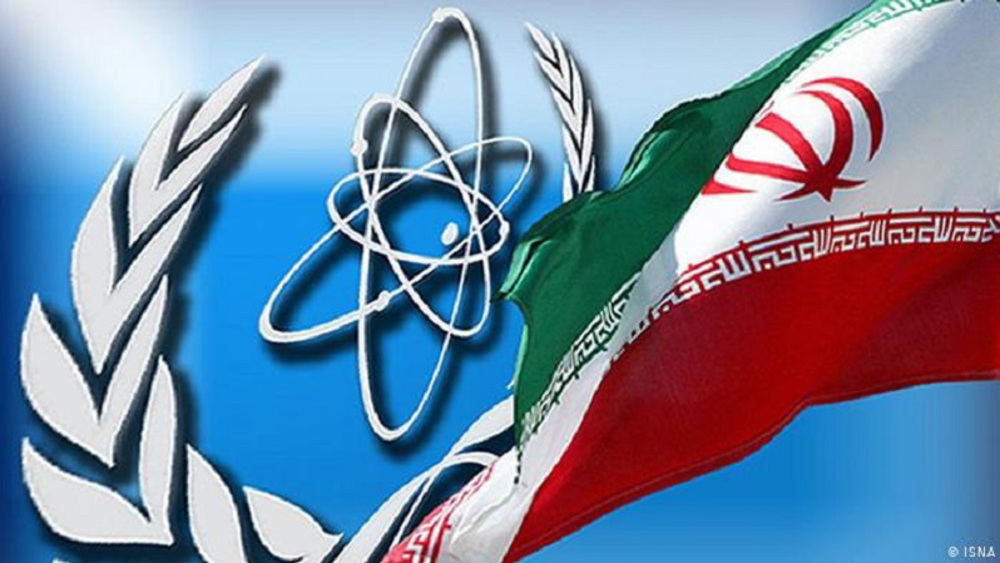
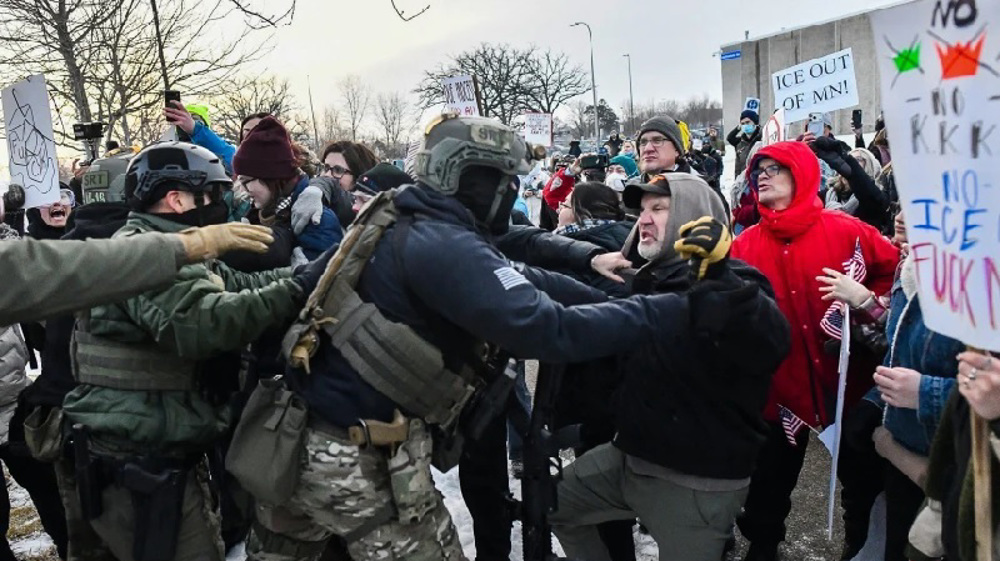
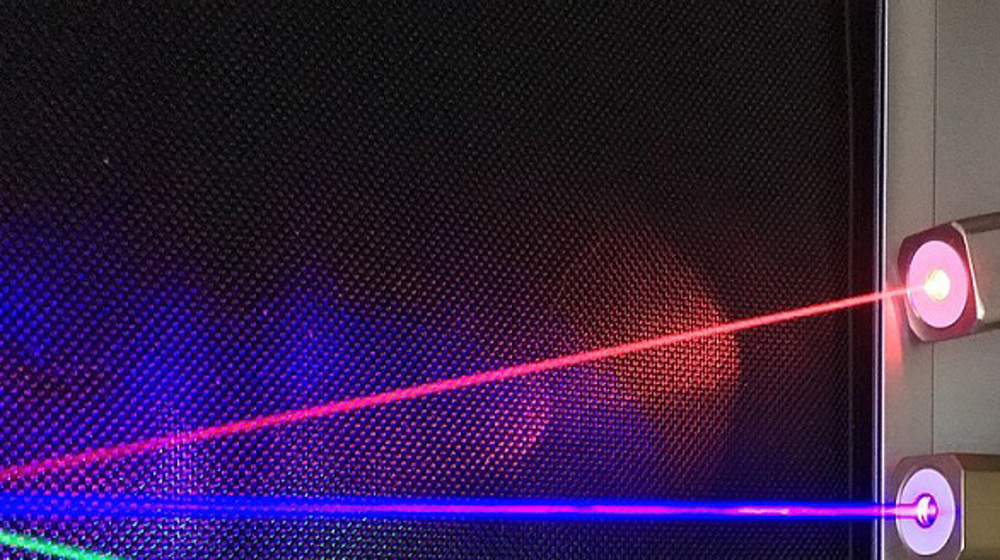
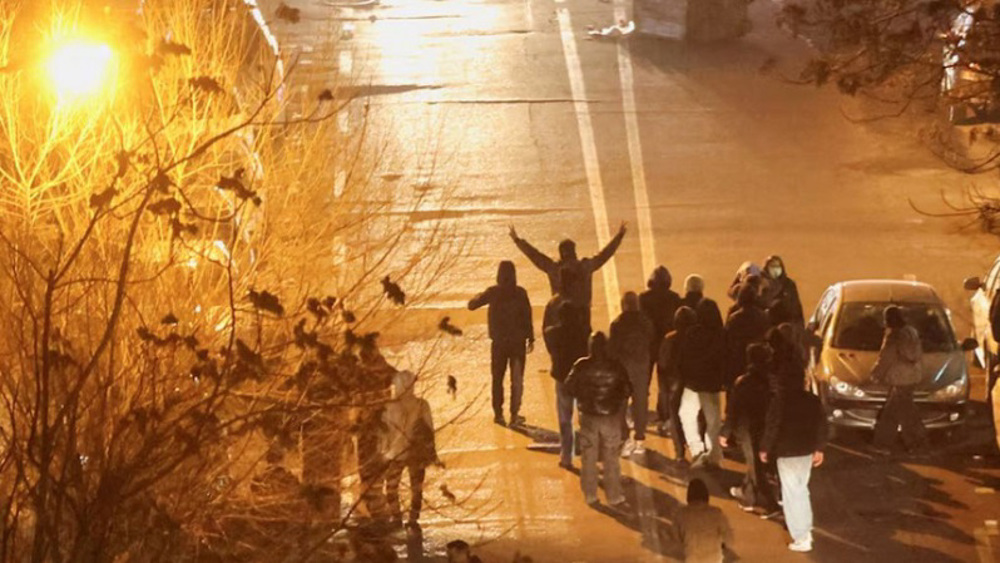



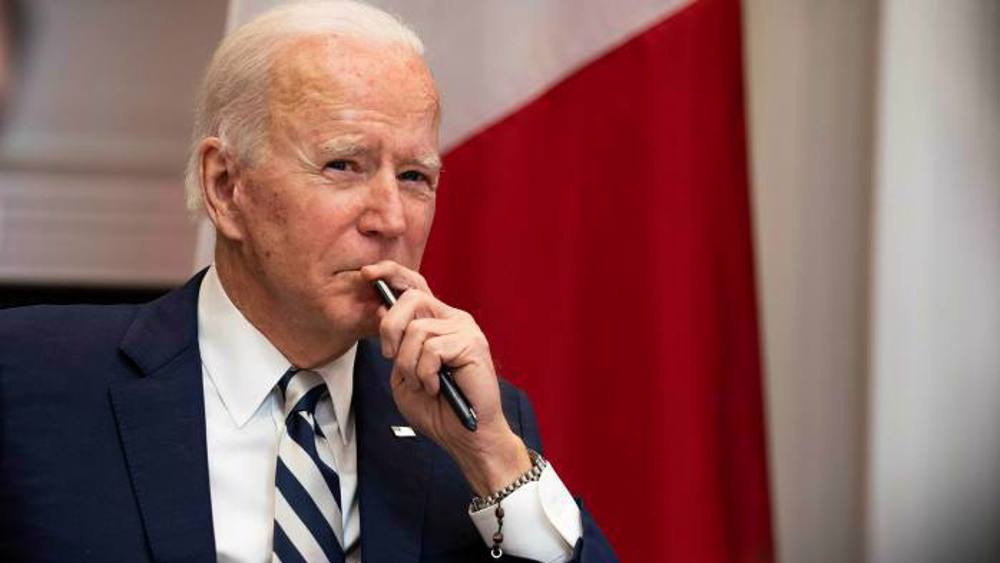
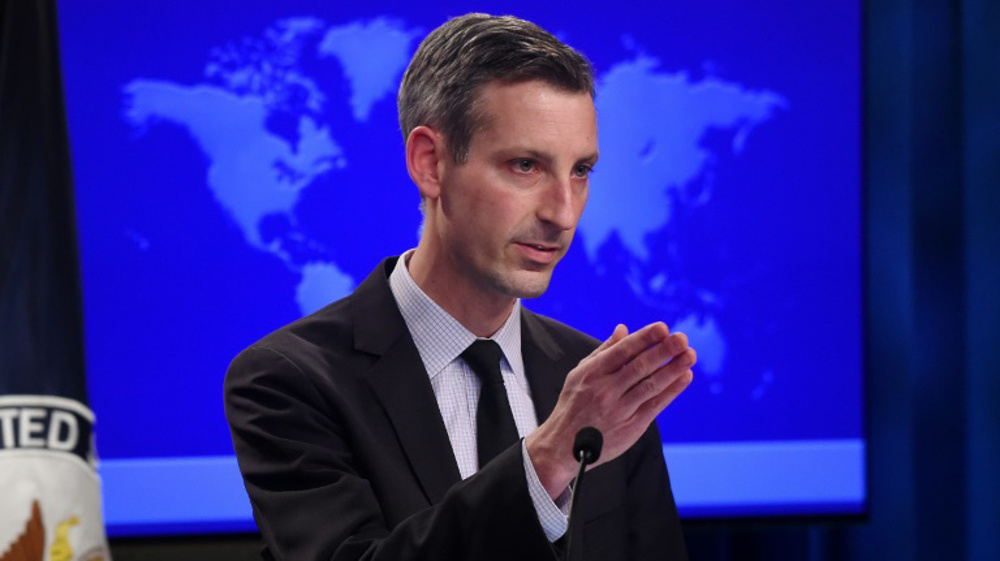
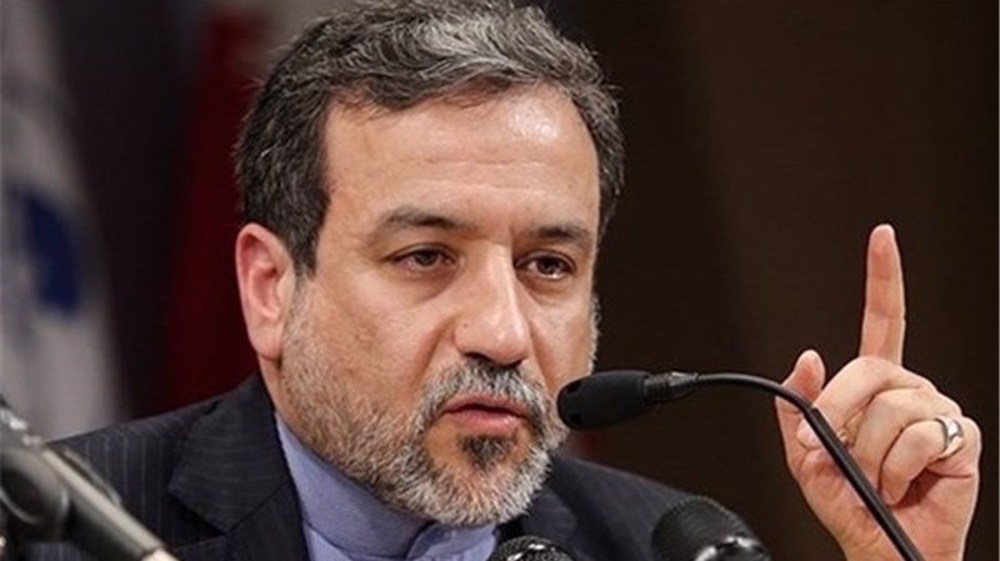
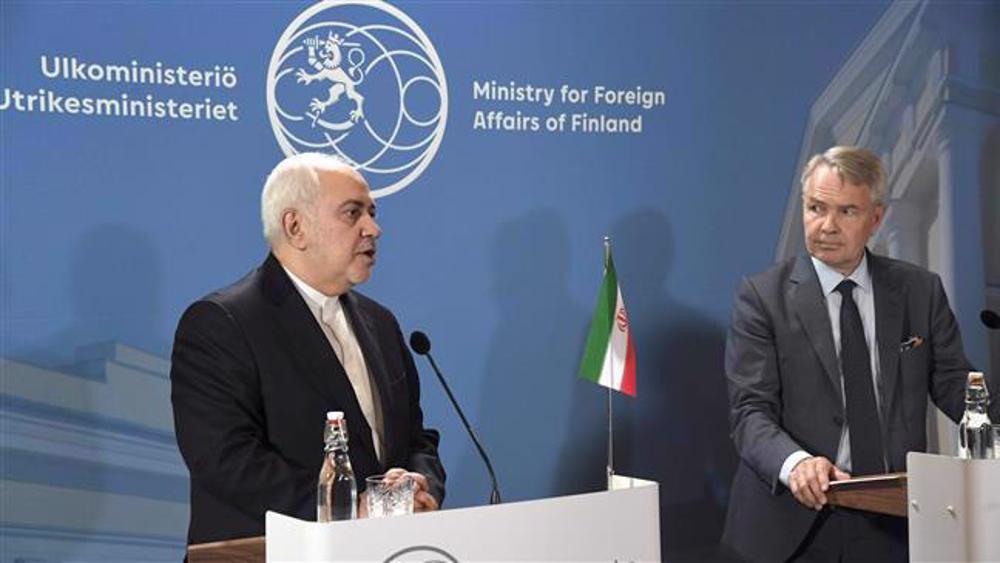
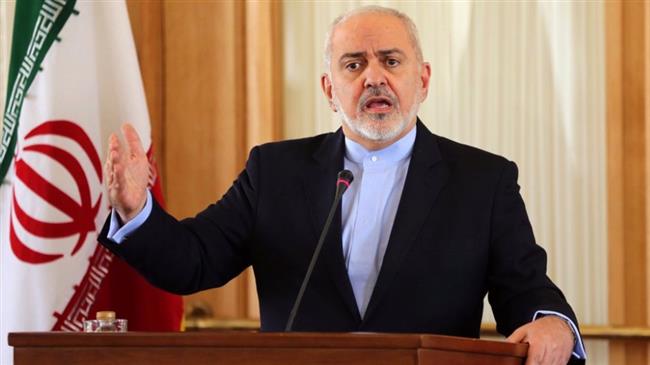
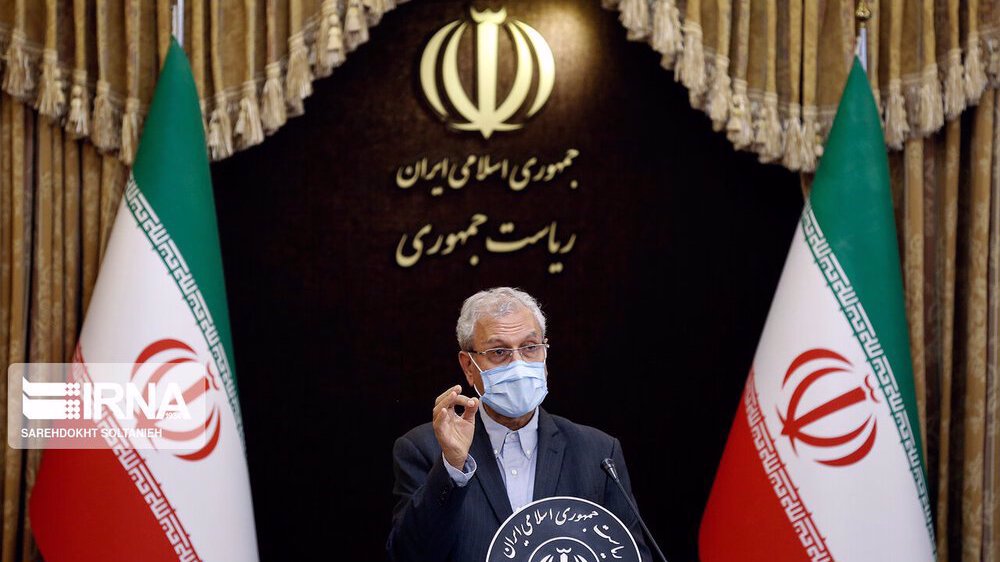
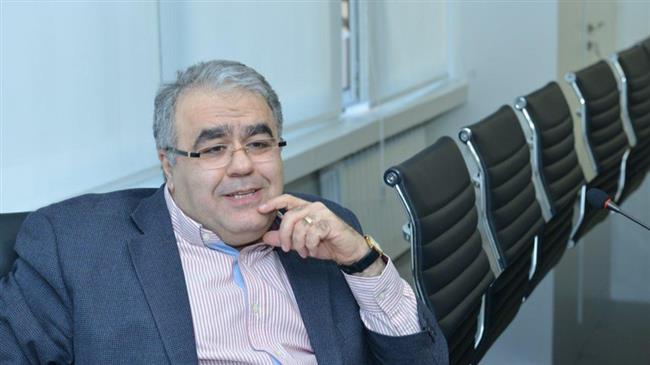
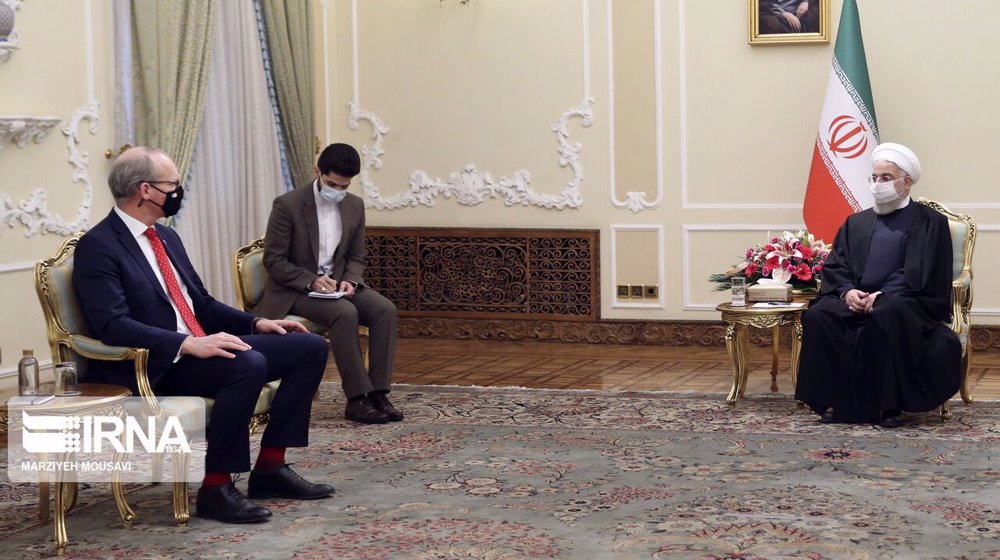
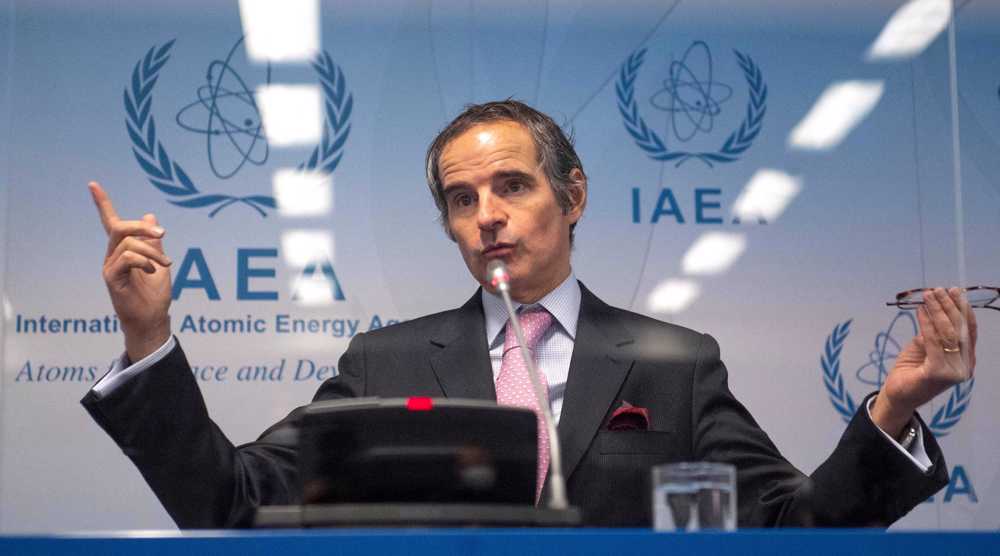
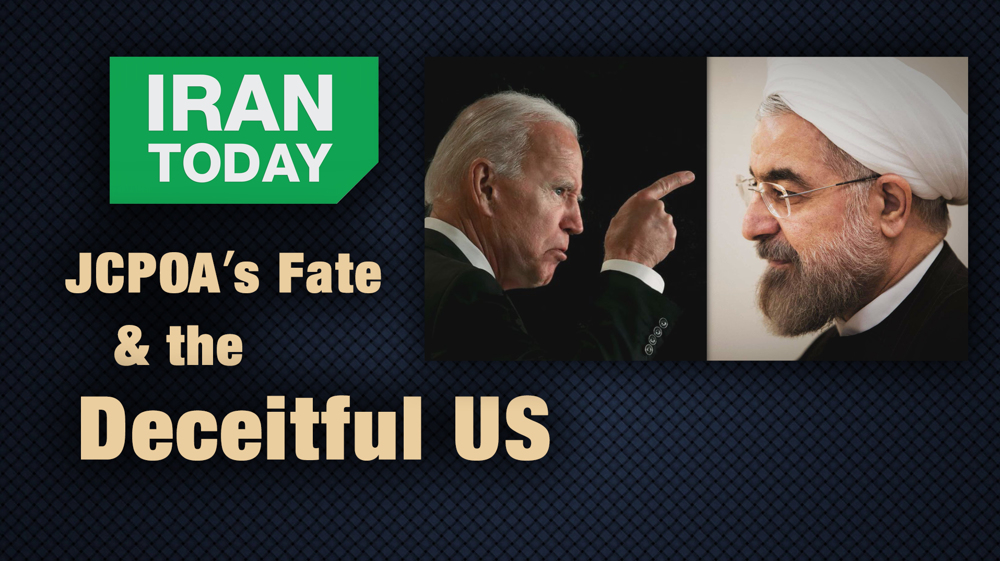

 This makes it easy to access the Press TV website
This makes it easy to access the Press TV website